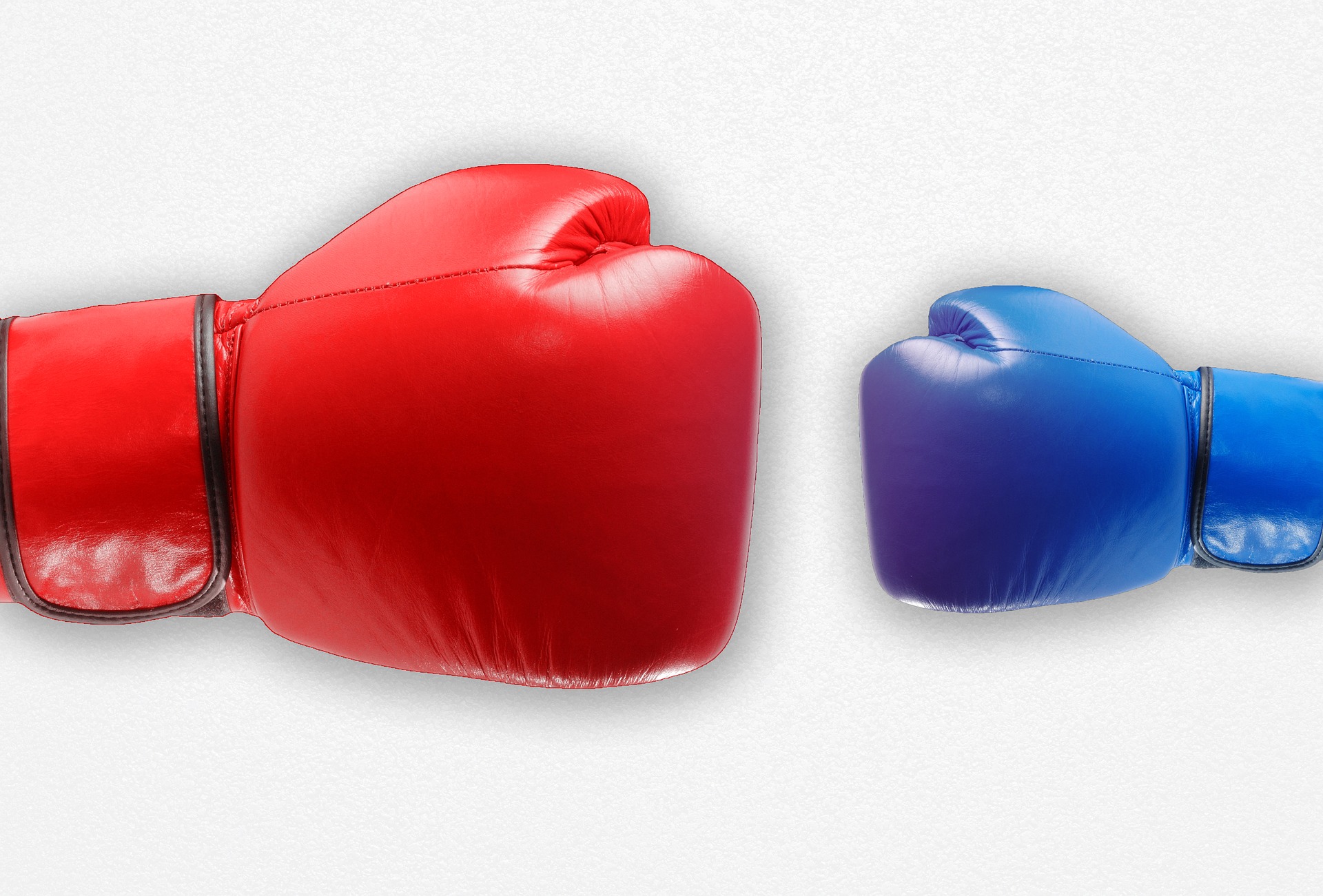Which type of feedback do your students prefer to receive: past-oriented feedback about how they performed, or future-oriented feedback about how they could improve?
All in For Researchers
Weekly Digest #99: In Defense of Inquiry Learning
In June, we posted a digest that we (somewhat regretfully) titled The Case Against Inquiry-Based Learning. We have received multiple messages since that time from individuals who felt that we were too harsh on inquiry learning.
Who Should Create Study Plans?
One aspect that seems important when it comes to self-regulated learning is the ability to plan one’s own learning and, for instance, to decide what material to study next, how long to study the material for, and how to study the material. Being allowed to be in charge of such planning promises to have positive effects on motivation...
Weekly Digest #98: Science of Learning Initiatives
Our regular readers will know that we are passionate about the science of learning, and over the past couple of years our blog and social media presence have become a bit of a hub for teachers and other educators interested in the science of learning.
Which Should Come First: Problem-Solving or Instruction?
Science, Technology, Engineering, and Mathematics (STEM) classes have been the strong focus of discovery ( or constructivist, problem-based, active-learning) methods of instruction, certainly with some success...
Memorizing versus Understanding
This post continues a series of posts on the value of memory. I wrote a few months ago about how memory is used for everything we do, and recently published a post-humus guest blog by Ralph A. Raimi in defense of memorization.






